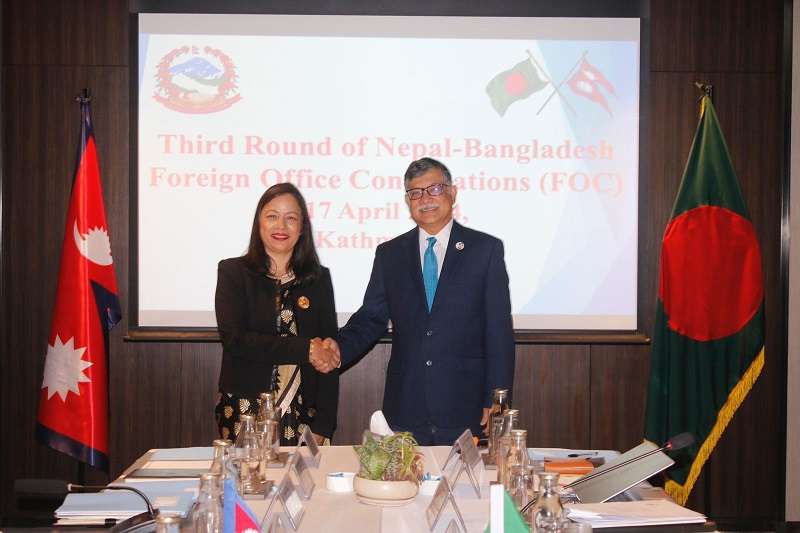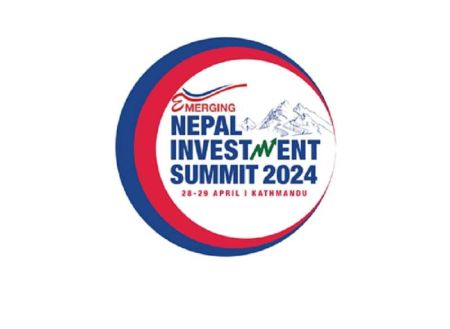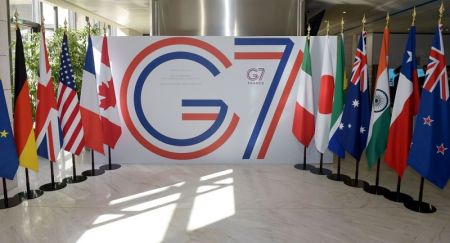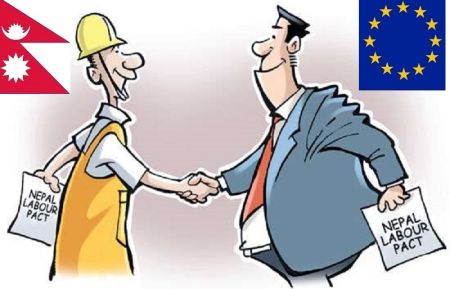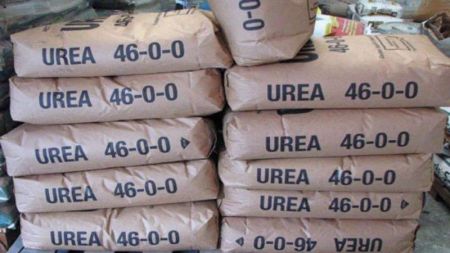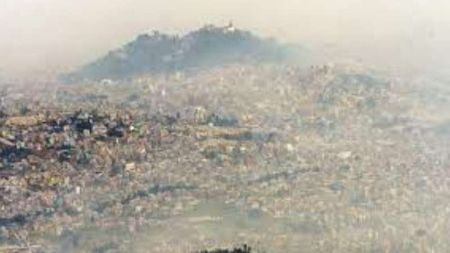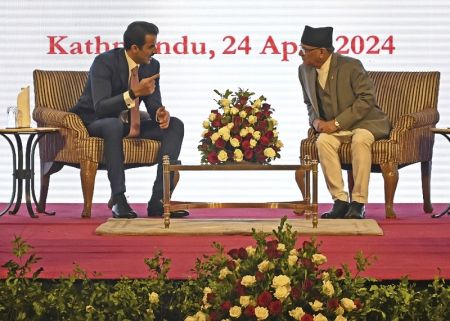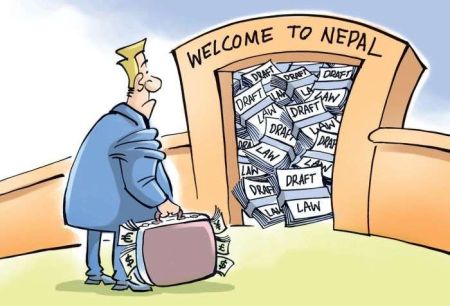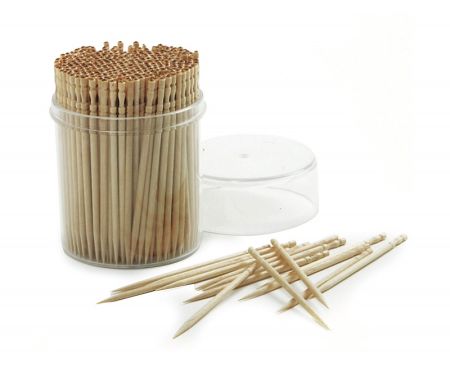April 18: The government authorities of Nepal have requested Bangladesh to remove the customs duty imposed by Bangladesh on the import of Nepali goods, saying that the export of Nepal has been affected due to the additional customs duty imposed by Bangladesh.
While Nepal’s trade with Bangladesh was profitable in the past, it has faced a continuous trade deficit in recent years.
Nepali officials assert that Bangladesh's additional customs duty is contributing to the expanding trade deficit.
The Ministry of Foreign Affairs informed through a press statement that Nepal raised this matter at the third Foreign Office Consultation meeting between Nepal and Bangladesh held in Kathmandu on Wednesday.
According to the ministry, Foreign Secretary Sewa Lamsal requested her Bangladeshi counterpart, Masood Bin Momen, to completely remove the additional customs duty on Nepali goods.
Amrit Bahadur Rai, Joint Secretary and Spokesperson for the Ministry of Foreign Affairs, informed New Business Age that the government is actively working to eliminate trade barriers caused by Bangladesh's customs tariffs.
Ram Chandra Tiwari, joint secretary of the Ministry of Industry, Commerce and Supplies, said that Nepal is preparing to raise this issue in the commerce secretary-level meeting to be held in Kathmandu from Friday.
“We are also addressing the non-implementation of the previous agreement regarding customs exemption for Nepalese goods. The meeting will focus on promoting trade between the two countries,” he said.
Nepal mostly exports agricultural products like wheat, lentils, herbs, ginger, broom grass, yarn among others to Bangladesh. According to the government officials, Nepal’s exports have declined due to the imposition of 'high customs duty' by the Bangladesh.
Bangladesh has been providing duty-free facilities for 108 items including agricultural products of Nepal. Nepal has been asking for duty-free facilities for tea, black lentil, coffee, cardamom, broom grass, fruits, pashmina and more.
According to officials of the Ministry of Commerce, Nepal has the potential to export products such as spices, cabbage, tomatoes, avocado, pickles, carpets and dairy products to Bangladesh.
Similarly, Bangladesh is also seeking duty-free facility on 64 items. Bangladesh has been asking for duty-free facilities especially for fish, medicine, juice, soft drinks, raw jute etc.
According to Tiwari, there will be an in-depth discussion on customs-free facilities, market access, transportation and other issues between the two countries in the commerce secretary-level meeting.
Most of the goods exported to Bangladesh are sent through the eastern border of Nepal through Phulbari in India and Chittagong port in Bangladesh. Tiwari informed that since transporting goods through this route takes 4 to 5 days due to customs clearance at the, it raises the expenses. This issue will also be discussed during the commerce secretary-level meeting, said Tiwari.
Bangladesh, which is 30 kilometers away from the Nepalese border, has been making leaps in economic development for the past few years. As a result, its per capita income is much higher than that of Nepal. Due to its large population, Bangladesh has emerged as an attractive market for the world. However, Nepal has not been able to take advantage of it.
According to a study conducted by South Asia Watch on Trade, Economics and Environment (SAWTEE), Nepal exported more goods to Bangladesh that it imported from the neighbouring country between the fiscal year 2061/62 to 2069/70. Since then, exports from Nepal have decreased and imports from Bangladesh have continued to rise.
According to the Department of Customs, Nepal exported goods worth Rs 57 million to Bangladesh while it imported goods worth Rs 6 billion in the last fiscal year 2079/80.
Meanwhile, in the foreign secretary-level meeting held on Wednesday, the secretaries of both countries emphasized on the speedy implementation of the BBIN Motor Vehicle Agreement between Bangladesh, Bhutan, India and Nepal to enable the means of transportation between the member states without interruption, the Ministry of Foreign Affairs informed.
According to Foreign Affairs Ministry Spokesperson Rai, the two countries also discussed the issue of electricity export to Bangladesh.


